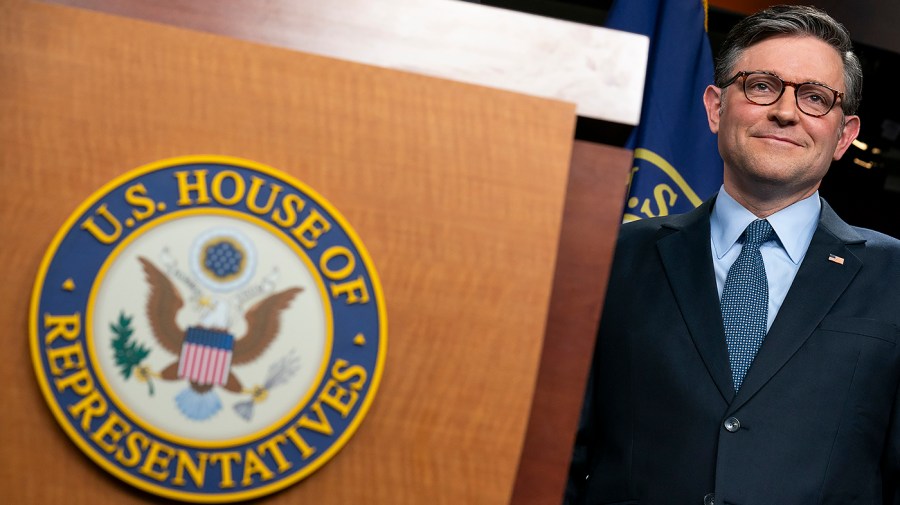Lawmakers have agreed to attach a sweeping health care package to a year-end stopgap government funding legislation, according to text obtained by The Hill ahead of the release of the full bill.
The health portion contains pharmaceutical benefit manager (PBM) industry reforms, extensions of Medicare telehealth flexibilities, reauthorizations of legislation to prevent pandemics and address the opioid crisis, payments to community health centers, a rollback of physician payment cuts and other policies.
The inclusion of more than 500 pages of health provisions in a spending bill will likely infuriate some conservatives, who generally oppose omnibus legislation. But the health provisions show bipartisan agreement after significant back-and-forth between Republicans and Democrats.
The PBM changes represent significant guardrails on the business practices of the industry, something that’s been a bipartisan priority for years but, until now, never made it to the finish.
The three biggest PBMs are UnitedHealth Group’s Optum Rx, CVS Health’s Caremark and Cigna’s Express Scripts. Those companies represent about 80 percent of all U.S. prescriptions. The industry has faced intense scrutiny on Capitol Hill this year, and essentially every committee with jurisdiction over health care drafted PBM reform legislation.
The package includes a ban on linking PBM compensation to a drug’s Medicare list price. Lawmakers and PBM critics say higher drug prices lead to higher fees to PBMs; the higher the price of a covered drug, the steeper the potential discount, some of which PBMs keep as profit.
The bill also requires PBMs to “fully pass through 100 percent of drug rebates and discounts … to the employer or health plan.”
Critics have long argued PBMs operate essentially in the shadows, so the funding bill includes new reporting requirements to increase transparency, including requiring PBMs to disclose to group health plans the cost and reimbursement of drugs and any fees or discounts involved.
Another section would change how PBMs get paid by Medicaid for prescription drugs, banning a practice where the companies keep the difference between what they pay a pharmacy for a drug and the amount they charge a health plan for the drug.
The PBM changes will save money and are meant to help pay for some other provisions, including a reversal of most of the cuts to physician pay in Medicare that the Centers for Medicare and Medicaid Services finalized in November.
The package includes a two-year extension of pandemic-related Medicare telehealth flexibilities that allowed beneficiaries to use telehealth services even if they don’t live in rural areas.
It also reauthorizes the opioid-fighting SUPPORT Act for five years and the Pandemic and All Hazards Preparedness Act for two years.
The post Lawmakers seek to rein in PBMs as part of spending bill’s sweeping health deal appeared first on World Online.

